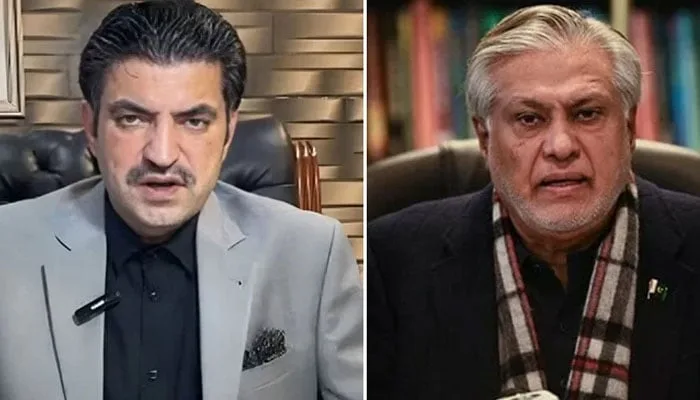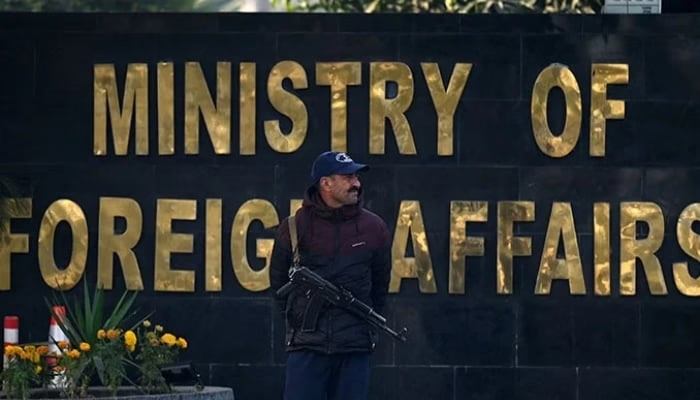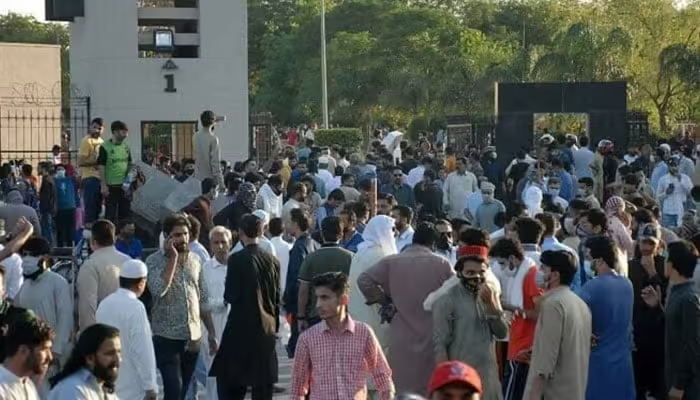Pakistan Tehreek-e-Insaf (PTI) leader Sher Afzal Marwat has formally filed a petition challenging the appointment of Ishaq Dar as Deputy Prime Minister. The Islamabad High Court has scheduled the hearing for this petition, with Chief Justice of Islamabad High Court presiding over the case.
Background of the Petition
Sher Afzal Marwat, through his lawyer Riyaz Hanif Rahi, submitted the petition to the Islamabad High Court. The petition names the Federal Government, the Secretary Cabinet Division, the Prime Minister, and Ishaq Dar as respondents. The core argument centers on the legality of the appointment of Ishaq Dar to the newly created position of Deputy Prime Minister, which Marwat argues is not recognized by the Constitution of Pakistan.
Arguments Presented in the Petition
The petition challenges the legitimacy of the Deputy Prime Minister position, emphasizing that such a role is not mentioned or sanctioned by the Pakistani Constitution. Marwat contends that the notification issued for Ishaq Dar’s appointment, dated April 28, 2024, should be declared null and void. The key arguments presented include:
Constitutional Basis: The petition asserts that the Constitution of Pakistan does not provide for the creation or appointment of a Deputy Prime Minister. As such, any notification or decision to appoint someone to this role lacks constitutional backing and is, therefore, illegal.
Cabinet Division Authority: It is argued that the Cabinet Division overstepped its authority by issuing a notification for a position that is not recognized by the Constitution. The petition insists that there is no constitutional provision granting the Cabinet Division the power to create or appoint a Deputy Prime Minister.
Illegitimacy and Benefits: The petition states that any person appointed to a position that is not legally sanctioned by the Constitution should not be allowed to enjoy state benefits. This includes any privileges, powers, or perks that come with the role of Deputy Prime Minister.
Legal and Political Implications
The petition against Ishaq Dar’s appointment is not only a legal challenge but also carries significant political implications. By contesting the appointment, Marwat and PTI aim to highlight what they perceive as constitutional violations and administrative overreach by the current government. The case puts a spotlight on the legal boundaries of executive power and the interpretation of the Constitution in the context of newly created political roles.
Hearing and Potential Outcomes
The hearing, set to take place under the supervision of the Chief Justice of Islamabad High Court, will delve into the constitutional validity of the Deputy Prime Minister’s role. Possible outcomes of the hearing include:
- Nullification of Appointment: If the court finds merit in Marwat’s arguments, it may declare the notification appointing Ishaq Dar as Deputy Prime Minister null and void. This would set a precedent regarding the creation of political offices without constitutional backing.
- Upholding of Appointment: Alternatively, the court might rule in favor of the government, allowing the appointment to stand. This would potentially validate the creation of new roles through executive notifications, provided they do not directly contravene constitutional provisions.
- Constitutional Interpretation: The court’s decision may also involve a detailed interpretation of constitutional provisions related to the executive branch and the creation of government roles, which could have broader implications for future political appointments.
Broader Context
This case is part of a broader political struggle in Pakistan, where legal challenges are often used as tools to contest political decisions and appointments. It underscores the ongoing tensions between the ruling party and opposition groups like PTI. The outcome of this petition could influence not only the political landscape but also the procedural norms of governance in Pakistan.
Sher Afzal Marwat’s petition against Ishaq Dar’s appointment as Deputy Prime Minister raises important constitutional questions about the limits of executive power and the creation of new political roles. The Islamabad High Court’s decision will be pivotal in determining whether the appointment stands or is declared unconstitutional, potentially setting a significant precedent for future governance and political appointments in Pakistan. The hearing, scheduled for tomorrow, is highly anticipated and will be closely watched by political analysts, legal experts, and the general public alike.



